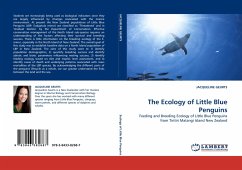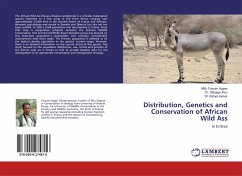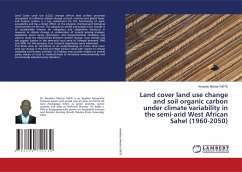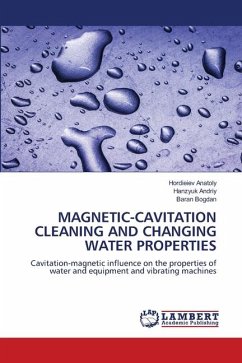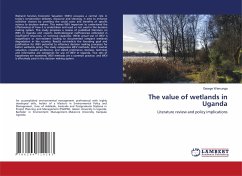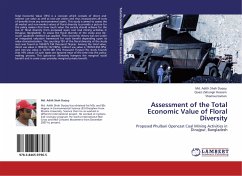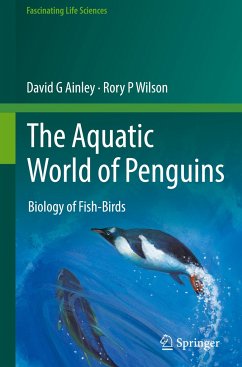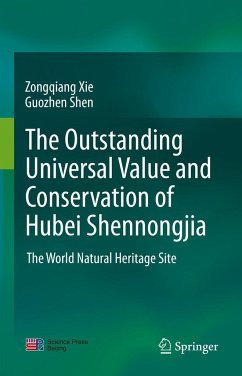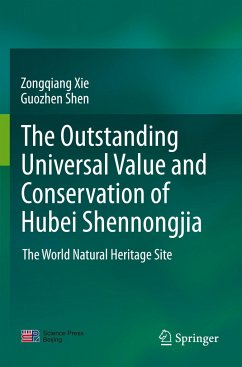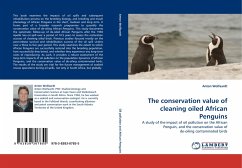
The conservation value of cleaning oiled African Penguins
A study of the impact of oil pollution on the African Penguin, and the conservation value of de-oiling contaminated birds
Versandkostenfrei!
Versandfertig in 6-10 Tagen
52,99 €
inkl. MwSt.

PAYBACK Punkte
26 °P sammeln!
This book examines the impacts of oil spills and subsequent rehabilitation process on the breeding biology, and breeding and moult phenology of African Penguins in the short, medium and long term. It forms part of a broader research programme to quantify the conservation value of de-oiling African Penguins. This study documents the systematic follow-up of de-oiled African Penguins after the 1994 Apollo Sea oil spill over a period of 10.5 years to assess the restoration success of cleaning oiled birds. Previous studies focused mostly on the post-release survival and rehabilitation success of th...
This book examines the impacts of oil spills and subsequent rehabilitation process on the breeding biology, and breeding and moult phenology of African Penguins in the short, medium and long term. It forms part of a broader research programme to quantify the conservation value of de-oiling African Penguins. This study documents the systematic follow-up of de-oiled African Penguins after the 1994 Apollo Sea oil spill over a period of 10.5 years to assess the restoration success of cleaning oiled birds. Previous studies focused mostly on the post-release survival and rehabilitation success of the oil spill victims over a three to five year period. This study examines the extent to which African Penguins are successfully restored into the breeding population, how successfully they breed, and whether they experience any long-term costs of reproducing. As such, it provides a robust assessment of the long-term impacts of oil pollution on the population dynamics of African Penguins, andthe conservation value of de-oiling contaminated birds. The results of the study are vital for the future management of seabird rescue operations during oil spills, not only in South Africa, but globally.



